HR Tech Asia 2025: Power Talks to tackle future of work challenges
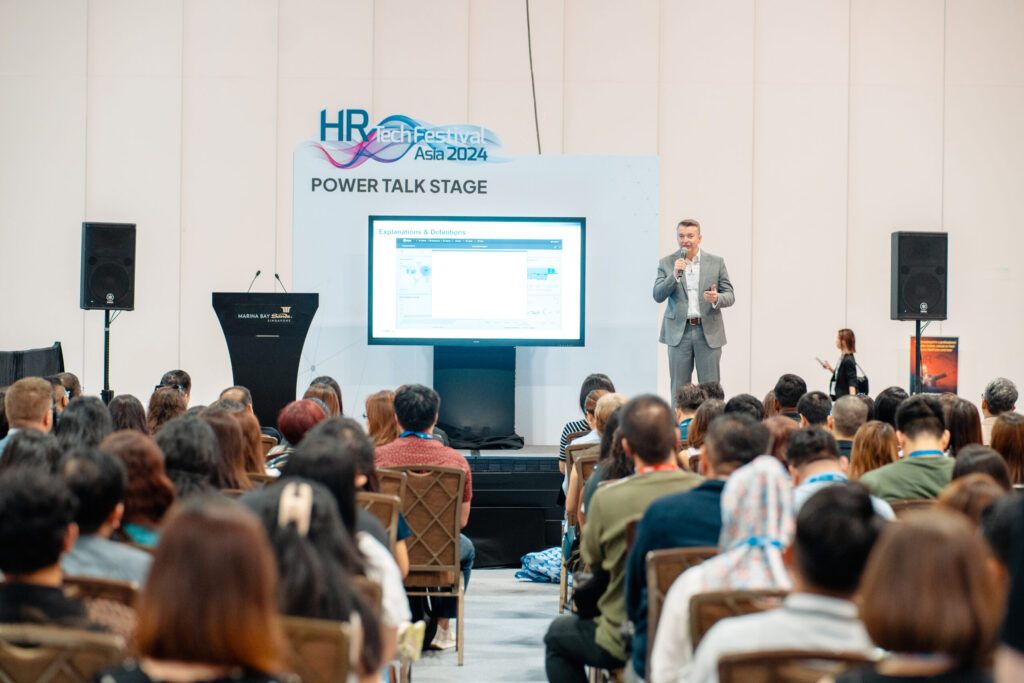
Discover cutting-edge HR strategies and game-changing ideas at HR Tech Asia 2025’s Power Talk Stage—where innovation meets action.
Shaping tomorrow’s workplace: Worktech Excellence track to lead conversations at HR Tech Asia 2025

HR Tech Asia 2025’s Worktech Excellence track explores how technology, space, and culture converge to shape the future of work.
Reproductive health leave could save Australian economy billions, report finds

Providing 12 days of reproductive health leave could save Australia A$21.3 billion annually and improve equity for women at work.
Flexible meal solutions: The missing ingredient in workplace productivity

Flexible meal options are emerging as a vital workplace benefit, reshaping how organisations support employee wellbeing and productivity.
Quantifying the unseen: Menopause and its impact in the APAC workplace

Ignoring menopause in the workplace risks losing experienced female leaders, disrupting knowledge transfer, and weakening innovation—jeopardising long-term organisational resilience.
Lead like a girl – Turning pain into purpose

From vulnerability to resilience, the final part of Avi Liran’s article explores how adversity can fuel growth, transform challenges into strengths, and inspire change.
Developing middle managers: How HR can support these overworked leaders

Today’s middle managers are facing unprecedented challenges that threaten both their effectiveness and wellbeing.
Leading and living vibrantly at Haleon
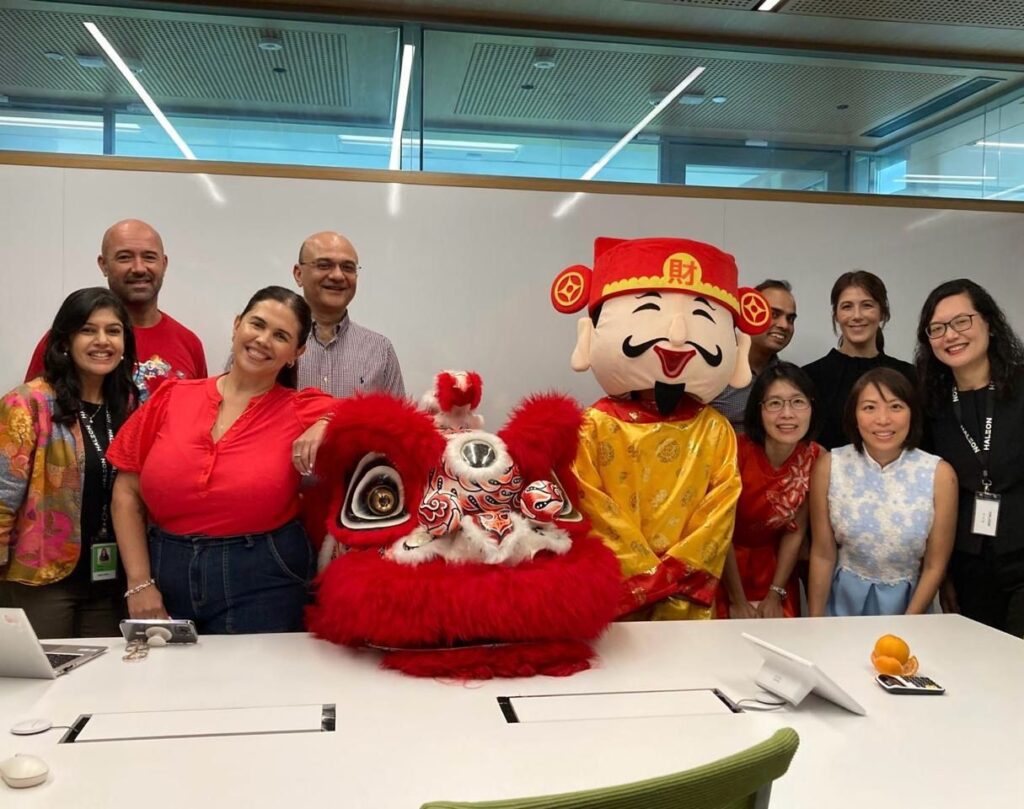
Haleon’s culture of wellbeing empowers employees to thrive, blending personal fulfilment and professional growth through a people-first approach.
Workplace loneliness: Why it impacts one in five employees today

Research finds a clear correlation between workplace loneliness and disengagement, a trend that may be worsening because of remote work.
Personal happiness found to be the key to workplace satisfaction

People with higher life satisfaction are 32% more likely to experience lasting job satisfaction, highlighting the importance of holistic wellbeing strategies.
Verbal strategies for leaders: Cultivating psychological safety in teams

Leaders play a pivotal role in fostering psychological safety, where team members feel confident to speak up, collaborate, and innovate.
Overcoming toxicity: Take control and reclaim your emotional wellbeing

In the second of a three-part article, Avi Liran provides key tips to rise above toxicity and prioritise your wellbeing.
Covid-19, five years later: Why HR is ‘still recovering’

As the anniversary of the US shutdown approaches, one HR leader advises that it is critical for HR to say, “What are the lessons we learned?”
People-first HR: Cultivating leaders in Asia’s dynamic markets
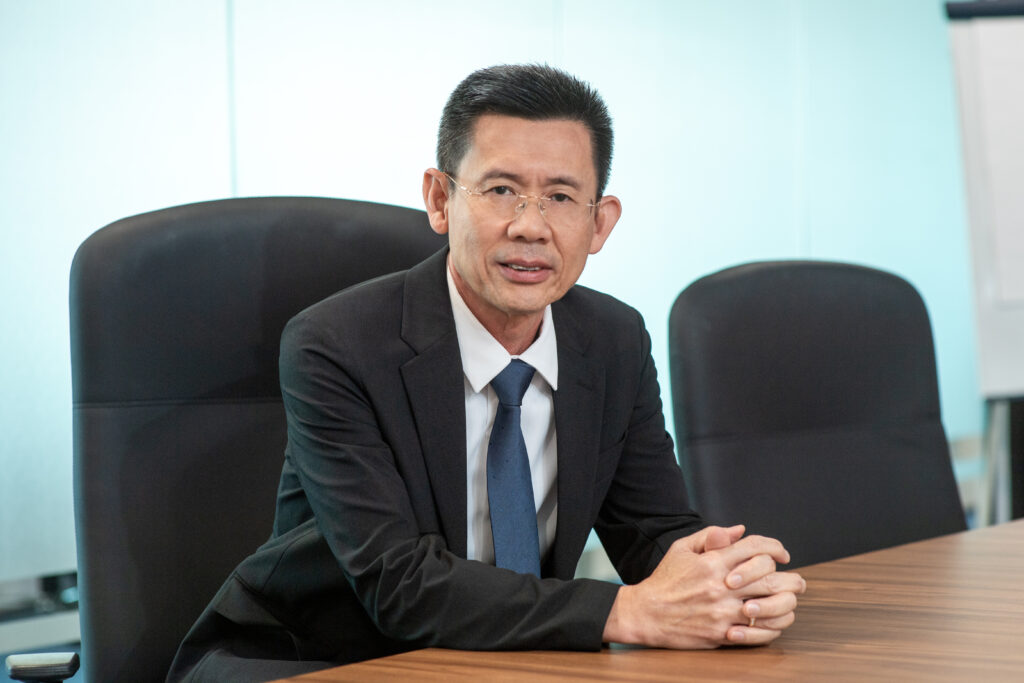
ADM is reshaping its HR strategies in Asia-Pacific, focusing on mentorship, early talent development, and fostering inclusion for long-term growth.
Middle management crucial to empowering women’s health at work

Women in the workforce face unique challenges, from stress to fertility concerns—yet these issues remain underdiscussed in workplaces.
IWD 2025: Building pathways for women’s career comeback

Women re-entering the workforce face unique challenges, but Temus’ Melissa Kee highlights how organisations can help them overcome these barriers.
Why workplace connection matters more than ever in the age of AI

A global empathy deficit erodes workplace connections, but a shift to empathy-driven leadership and positive psychology could reverse this trend.
The steward leader: How HR can drive purpose and profit in 2025 and beyond

As work undergoes rapid transformation, HR leaders must rethink leadership. Enter Steward Leadership—a model bridging purpose, profit, and sustainability.
Technology is the key to employees’ wellbeing at today’s workplace
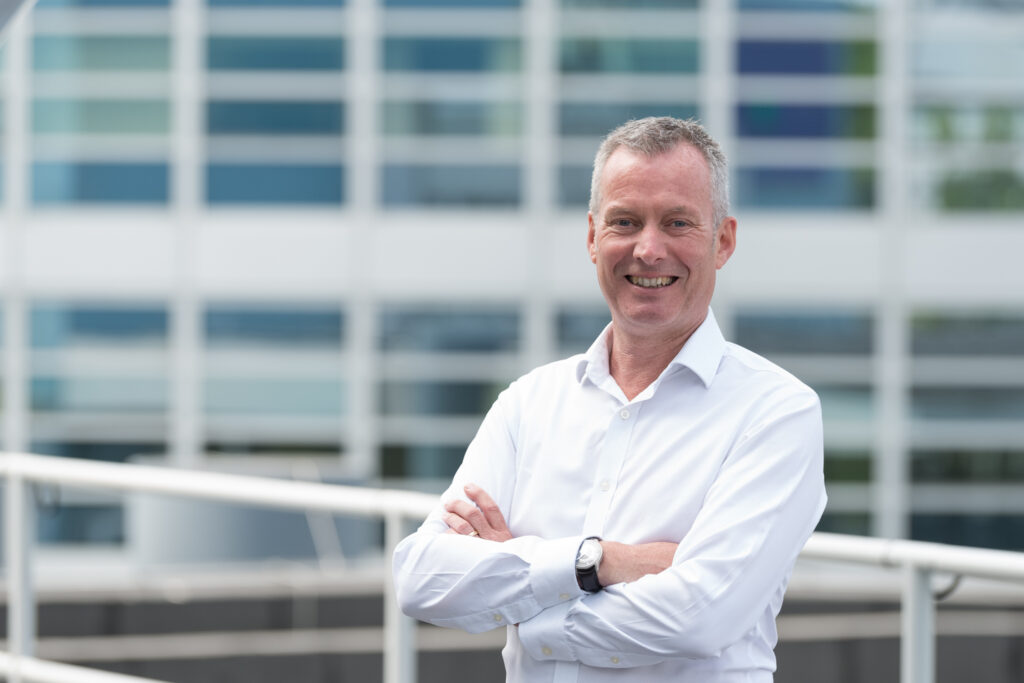
The magic (and productivity) happens when technology and wellbeing come together.
Breaking the silence: Why migraines must be part of workplace inclusion strategies
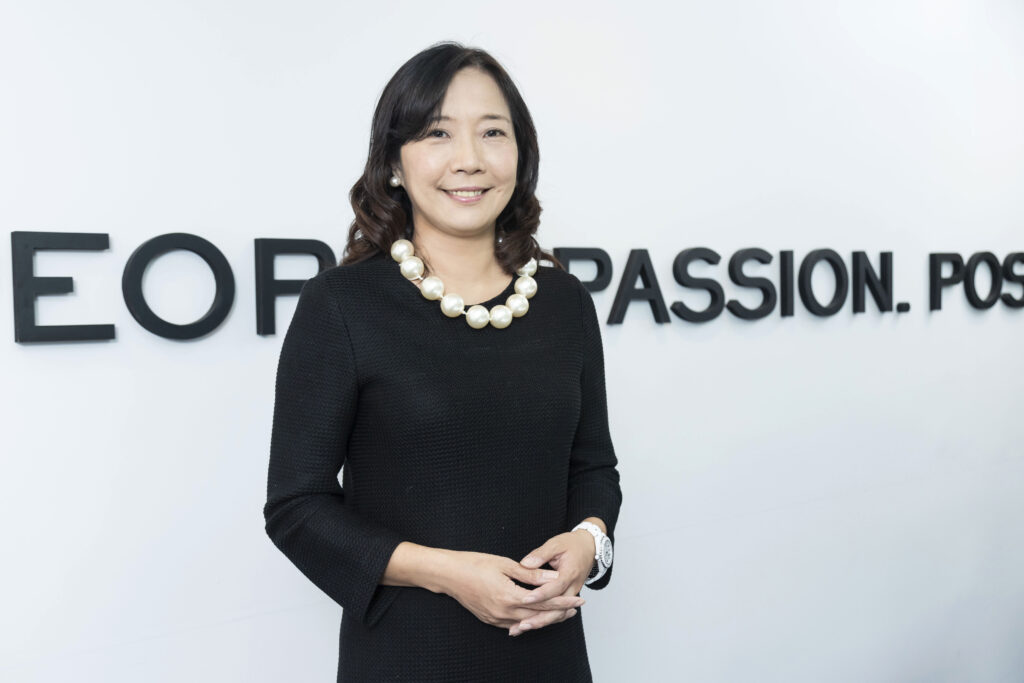
Workplace inclusion must evolve to support invisible conditions like migraines, as AbbVie’s Peggy Wu underscores their widespread impact on employees.
Flexible work conditions help overqualified employees achieve work-life balance

Overqualified employees thrive with flexible work arrangements, leading to better work-life balance and stronger family support, new research reveals.
The rising heat: A new challenge for South-East Asia’s workforce

Extreme heat affects more than physical health—it heightens mental stress, reduces focus, and increases workplace accidents across industries.
Singapore’s workforce brims with optimism while Hong Kong’s faces uncertainty, MDRi survey reveals

Health and financial stability dominate priorities in Singapore and Hong Kong, with happiness metrics highlighting generational and economic disparities for 2025.
Employee vitality key to talent retention amidst Singapore’s skills shortage

High-vitality employees report greater job satisfaction, engagement, and productivity, highlighting vitality as a game-changer for Singapore’s competitive talent landscape.
Balancing ethics and productivity in return-to-work processes

Navigating the return-to-work process after mental health leave reveals ethical dilemmas and conflicting goals among key stakeholders.
Prioritising employee’s health and wellness – A smart investment for the future of work

Employee health and wellness are no longer perks but vital strategies for boosting productivity, attracting talent, and ensuring business success.
Navigating the rising tide: Managing employee health benefits in the Philippines

Amid surging medical inflation in the Philippines, organisations are rethinking employee health benefits to tackle rising costs effectively.
CHRO Philippines: Transforming HR strategies for growth and innovation
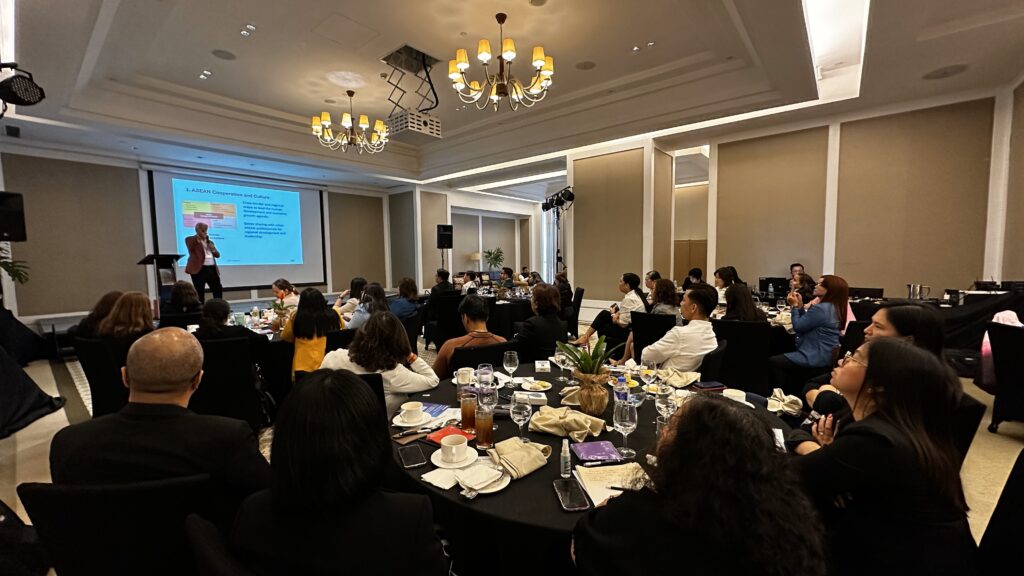
Join top HR leaders at CHRO Philippines this February to explore innovative strategies shaping the future of work.
Unmasking toxic leadership – Why organisations can no longer turn a blind eye

Toxic leadership and a culture of overwork are increasingly jeopardising employee wellbeing—forcing organisations to reassess their approach to workplace health.
The surprising power of employee choice in workplace wellness

Dr Caroline Burns of Workplace Revolution highlights how empowering employees with choices in wellness can transform organisational culture and productivity.
